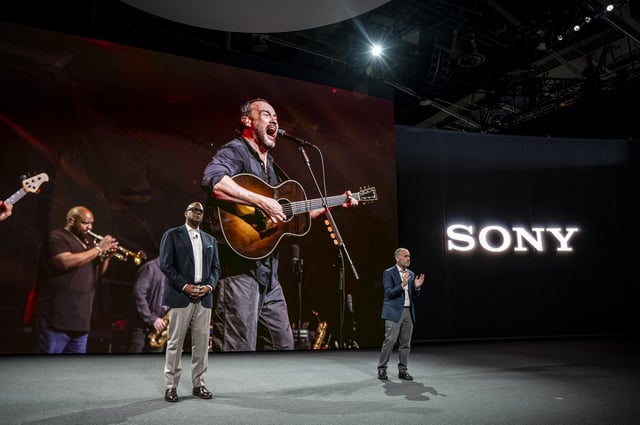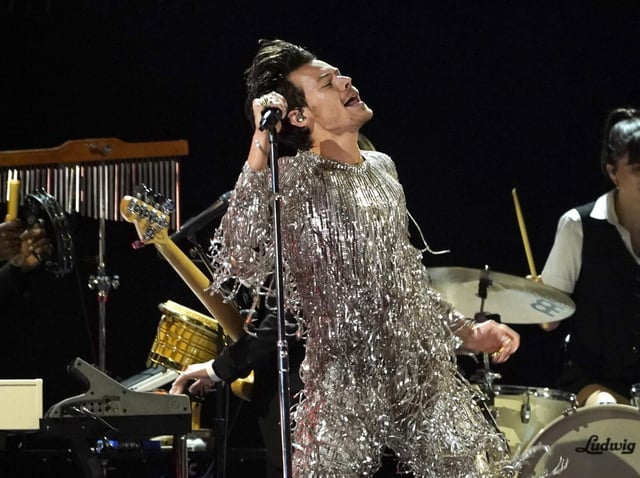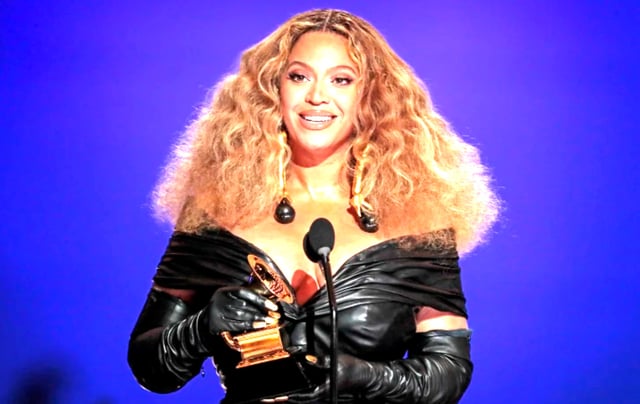Overview
- Sony Music has contacted AI developers and streaming platforms, including OpenAI and Google, to halt unauthorized use of its content.
- The letters emphasize the need for licensing agreements to protect artists' rights and ensure fair compensation.
- Sony's catalog includes renowned artists such as Beyoncé, Harry Styles, and Adele.
- The move aligns with global efforts to regulate AI and protect intellectual property in the creative industry.
- Sony is open to licensing deals but insists on fair pricing and transparency from AI developers.



